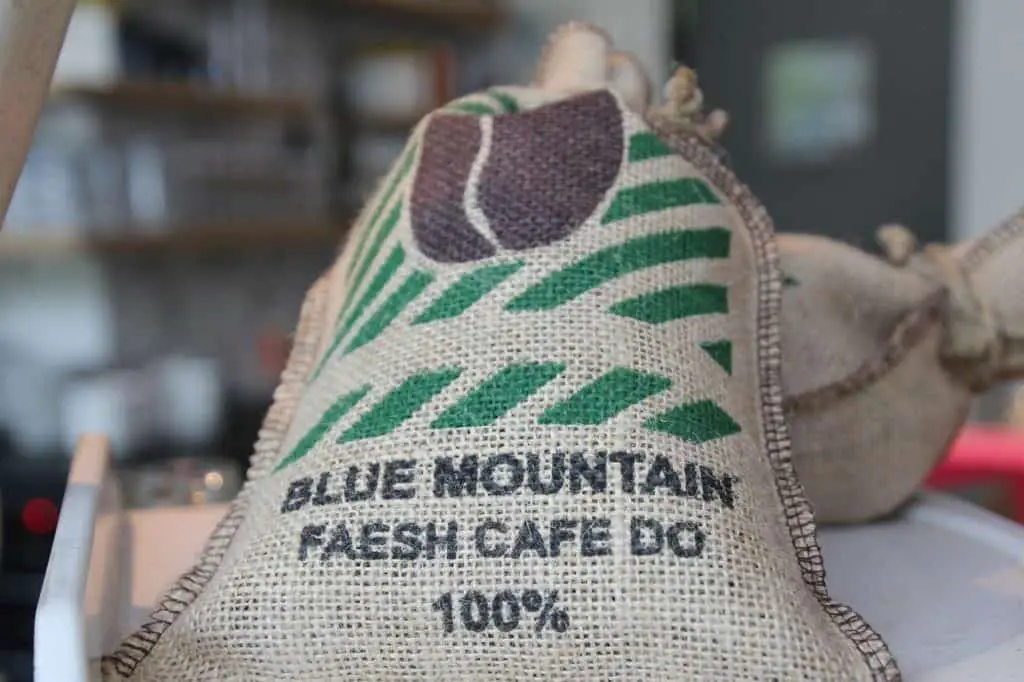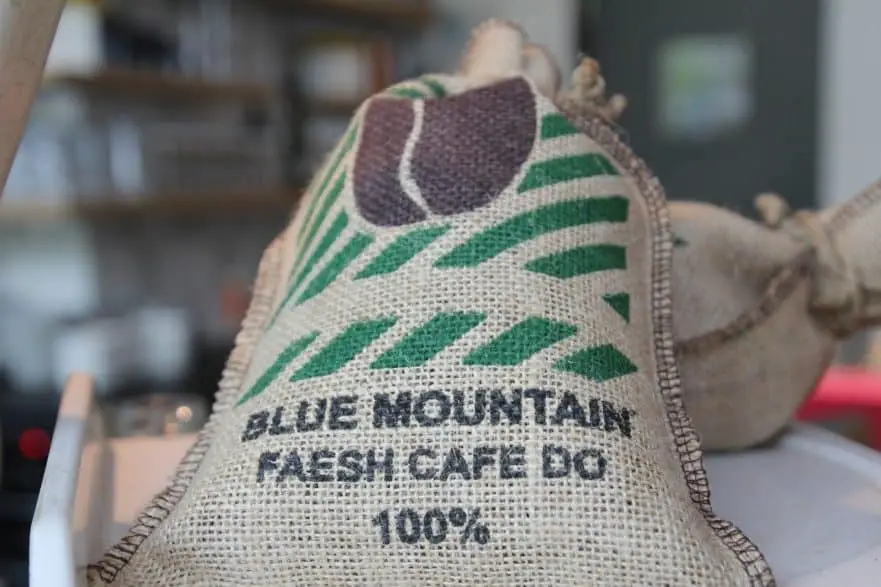
If you’ve been slowly dipping your toe into the murky waters of artisanal coffee, then you’ve probably heard the words “Jamaica Blue Mountain Coffee” floating around coffee shops, grocery stores, and coffee enthusiast websites.
Jamaica Blue Mountain coffee is widely prized around the world for its extraordinary flavor profile and quality, and its exorbitant prices definitely reflect that.
To fully understand why this coffee continues to be one of the most expensive and sought-after coffees in the world we must look further into its history and how it all started.
How did Coffee Come to Jamaica?
Although Jamaica is associated with quality coffee production nowadays, the coffee plant is not actually native to Jamaica.
Coffee was first introduced to Jamaica in 1728 when Governor Sir Nicholas Lawes brought coffee seedlings from Martinique to the island. He cultivated the crop at his Temple Hall Estate located in the fertile upland region of the Blue Mountains in St. Andrew parish. At the time, coffee farming was limited to private plantations who grew the bean for domestic consumption.
Over the next few decades, coffee agriculture slowly expanded across Jamaica’s mountainous interior as small independent farmers realized the crop’s commercial potential with surging demand in Europe. By the late 1700s, Jamaica had emerged as a major coffee producer on the world stage, exporting over 15 million pounds annually.
The Blue Mountains achieved renown for producing an exceptionally flavorful Typica varietal bean. However, coffee later declined due to competition, devastating hurricanes, and sugar’s eventual dominance as Jamaica’s cash crop.
Still, it was coffee’s auspicious start on a colonial governor’s estate that first brought the bean to the island in the early 18th century and initiated Jamaica’s enduring, if tumultuous, coffee history.
Why The Name Jamaica Blue Mountain?
Contrary to popular belief, Jamaica Blue Mountain coffee isn’t actually a species of coffee bean in and of itself. Jamaica Blue Mountain coffee generally belongs to the Arabica Typica species, which is the most commonly grown and consumed coffee variety on the planet.
Good-quality Arabica beans are prized for their subtle, slightly sweet taste, with a rich flavor profile consisting of complex notes of sugar, fruit, wine, and cocoa.
The words “Jamaican Blue Mountain” refer to the geographic area that all Jamaican Blue Mountain coffee is grown in.
As their name suggests, all Jamaica Blue Mountain coffee beans are grown along the Blue Mountain ridge, which runs across the eastern portion of the island of Jamaica itself.
These are the tallest mountains in Jamaica, with the highest point, Blue Mountain Peak, reaching 7,402 feet above sea level. This high altitude is very important for the cultivation of Jamaican Blue Mountain coffee beans.
However, it’s not enough for true Jamaica Blue Mountain coffee beans just to be grown along the Blue Mountains.
There are only four parishes, or subdivisions of counties, that are allowed to grow true, certified Jamaican Blue Mountain coffee:
- St. Andrew
- St. Mary
- St. Thomas
- Portland
Many of the residents of these parishes are Jamaican Maroons, or descendants of escaped African slaves who established their own, free communities in the mountainous area surrounding the Blue Mountains.
It’s also not quite enough for true Jamaica Blue Mountain coffees just to be grown along the Blue Mountains and in the four official parishes — all Jamaica Blue Mountain coffee plants must also be grown within a very specific altitude range to receive a certification.
Even if a coffee plant is grown along the Blue Mountains, in one of the four official parishes, if it wasn’t grown between the altitudes of 3,000 and 5,000 feet above sea level, it cannot officially be classified as a Jamaica Blue Mountain coffee plant. (On a side note, if you want to grow your own coffee plant check out this post)
Final Thoughts
And that’s it, a brief introduction on the history of Jamaican Blue Mountain coffee. So next time you are in Jamaica or looking to buy some their coffee online you will have a better understanding of its history, how it got its name and why it is one of the most prized coffees in the world.


